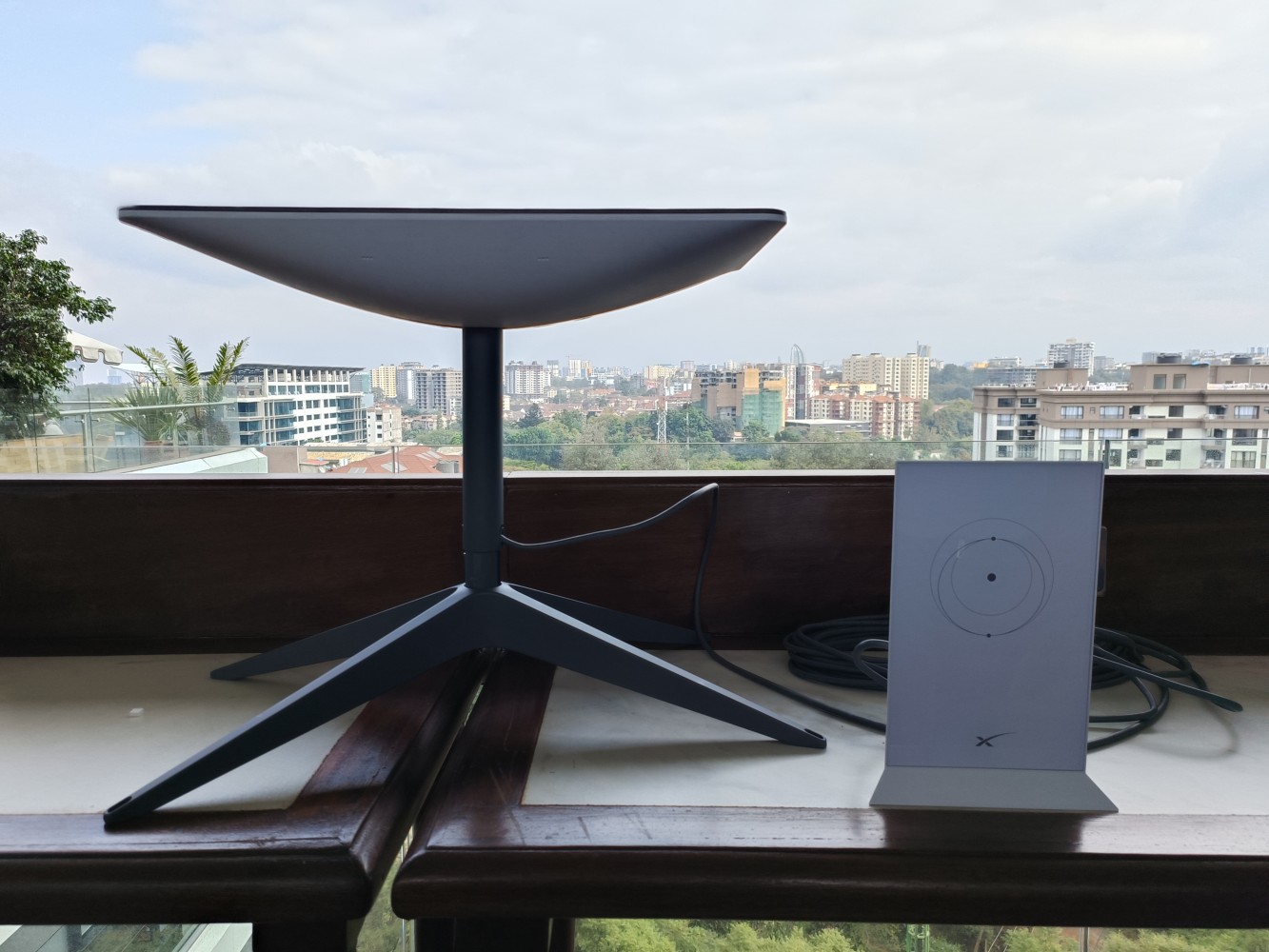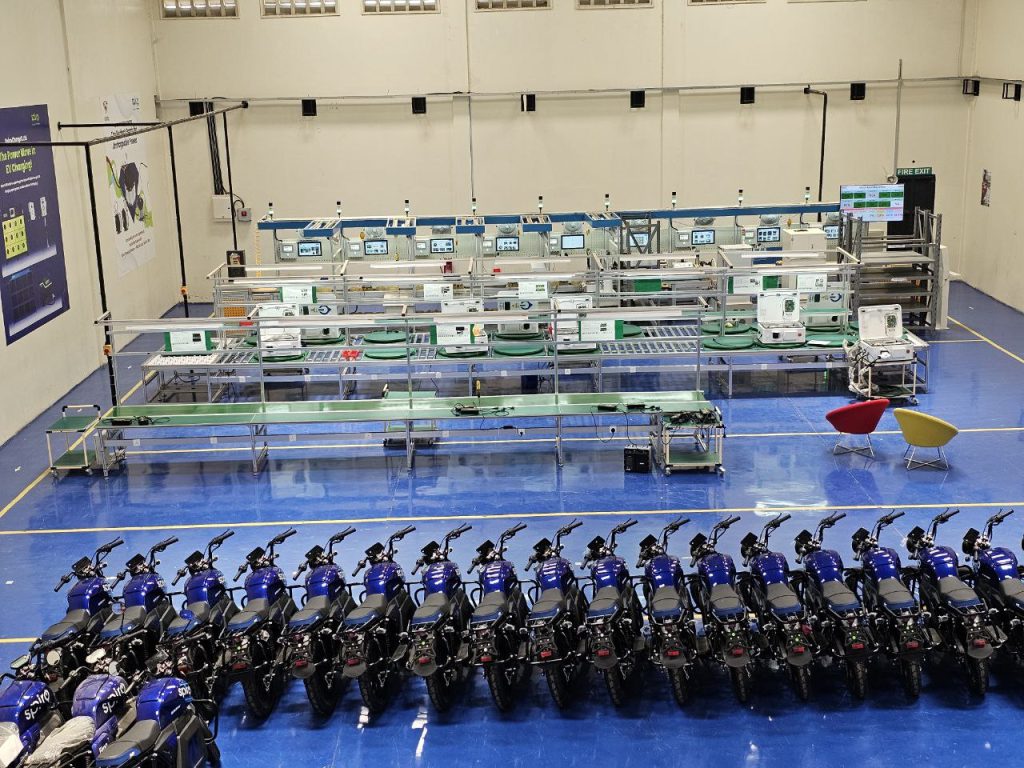Noel K. Tshiani, founder of Congo Business Network, has steadily emerged as a prolific voice for startups from the Democratic Republic of Congo. His insights and perspectives have graced a variety of media platforms, including radio and television broadcasts, as well as a number of influential magazines. And through written interviews with entrepreneurs from Kinshasa for various media outlets, he has worked diligently to equip these budding businesses with essential marketing, branding, and communications skills. What was the goal? To enable these startups to navigate the media landscape and become media-savvy.
The African tech ecosystem has undergone significant transformation over the past five years, with startups springing up across the continent to solve problems ranging from financial inclusion to improving agricultural yields and increasing access to healthcare. As these startups grow, adapt and scale their operations, there is an increasing need for them to become media-savvy, both locally and internationally. Becoming media-savvy is no longer a luxury, it is a necessity and a competitive advantage for entrepreneurs.
Below, I will discuss the key aspects of media literacy that make it an essential skill for African startups in the digital age.
Increasing visibility in a competitive market
The first reason for African startups to be media-savvy is visibility. In the age of information overload, standing out in a sea of competitors is no easy task. Startups need to ensure that their story is heard and understood by potential investors, customers, partners and even regulators. By leveraging the media—whether traditional outlets, social media, or emerging platforms such as podcasts—startups can amplify their voices and gain the attention they need to succeed in Africa.
Shaping the narrative and controlling the message
The second reason is narrative control. Startups operate in an environment that is often misunderstood or misrepresented. As a continent, Africa still struggles with stereotypes and misconceptions. Although Africa is home to six of the ten fastest growing economies in the world, the continent still struggles with entrenched stereotypes and misconceptions. By actively seeking positive media coverage, startups can challenge these narratives and create a better image of innovation on the ground in different countries. They can communicate their vision, highlight their successes and provide clarity about their operations, thereby shaping public perception.
Attracting investment and building partnerships
Investors and partners are essential to the growth of technology startups such as fintechs. Being media-savvy helps startups get on the radar of potential investors. By showcasing their solutions, growth trajectory and impact, startups can attract the financial backing and strategic partnerships they need to reach the next level. Regular media coverage helps build trust in the startup and its team, making it easier to attract the attention of institutional investors in Europe and the United States.
Managing crisis and protecting reputation
In a hyper-connected world, a crisis can escalate quickly and cause significant reputational damage. Media-savvy startups are better equipped to handle these situations. They can communicate quickly and effectively on Twitter, LinkedIn, and Facebook to take control of the narrative and mitigate the fallout.
Increasing user engagement and customer acquisition
Media-savvy can help startups increase user engagement and customer acquisition. With the right messaging and a well-developed media strategy, startups can reach their target audience, create awareness for their products or services, and ultimately drive growth that leads to profitability.
In conclusion, the importance of media-savviness for African startups cannot be overstated. As they continue to innovate and challenge the status quo, a solid understanding and strategic use of media will be required to achieve success. It is a skill that needs to be cultivated and prioritised, not as an afterthought, but as a fundamental part of their growth strategy once the business is up and running. From attracting investment and partners to managing crises, shaping narratives and driving user engagement, the benefits are far-reaching. Now is the time for African startups to step into the media spotlight and let the world know about the incredible innovation happening on the continent.




















